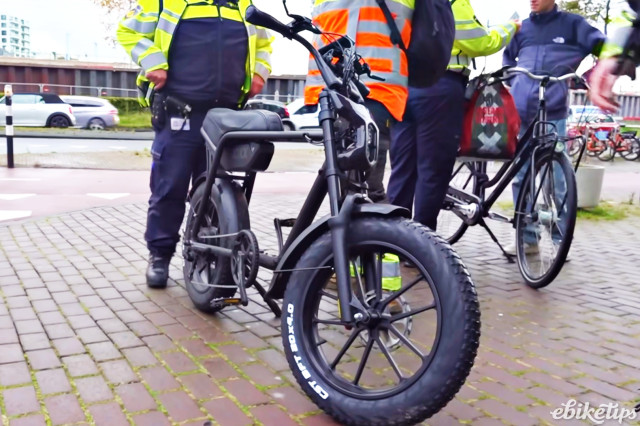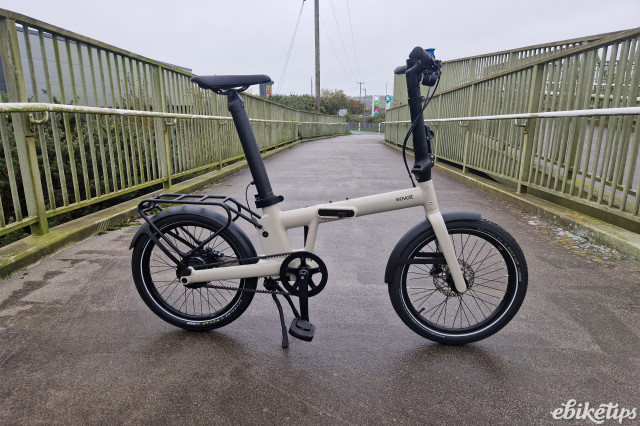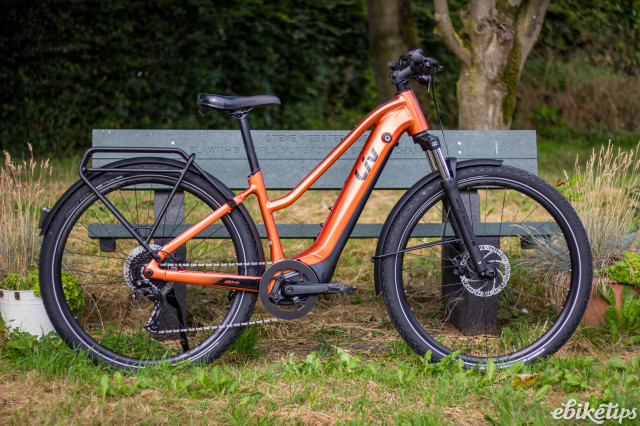Israeli company StoreDot has produced an “extreme fast-charging” battery for electric cars after first demonstrating its technology in electric scooters and phones.
The Guardian reports that StoreDot’s electric car batteries – which have already been mass produced in a factory – are capable of fully charging in just five minutes.
An early version of the battery was produced for an electric scooter in 2019 with a five-minute charge providing enough power for 70km of riding.
“This is showing the world that we can break the barrier of fast charging, and what was considered impossible is actually possible,” said StoreDot CEO, Doron Myersdorf, whose firm lists BP Ventures, Daimler and Roman Abramovich among its investors.
StoreDot has been planning to make the scooter batteries available for sale later this year.
While the electric car version of the battery can also be fully charged in five minutes, it would require higher-powered chargers than are currently in use. StoreDot is therefore aiming for 100 miles of charge in five minutes when it launches the product in 2025.
“The bottleneck to extra-fast charging is no longer the battery,” said Myersdorf.
“A five-minute charging lithium-ion battery was considered to be impossible. But we are not releasing a lab prototype, we are releasing engineering samples from a mass production line. This demonstrates it is feasible and it’s commercially ready.”
StoreDot’s battery replaces the graphite used at the electrode in current lithium-ion batteries with semiconductor nanoparticles into which ions can pass more quickly and easily. These nanoparticles are currently based on germanium, but a second-generation, silicon-dominant prototype battery is due to be unveiled later this year.
Myersdorf says the use of silicon will bring the cost down to roughly on a par with existing batteries.
Last month we reported on a solid-state battery under development by QuantumScape which could provide an electric car range of 300 miles (483km) or more; be charged to 80% capacity in just 15 minutes; and be longer-lasting, safer and cheaper to produce than conventional lithium-ion battery cells.
This too is said to be around four or five years from going onto the market.






